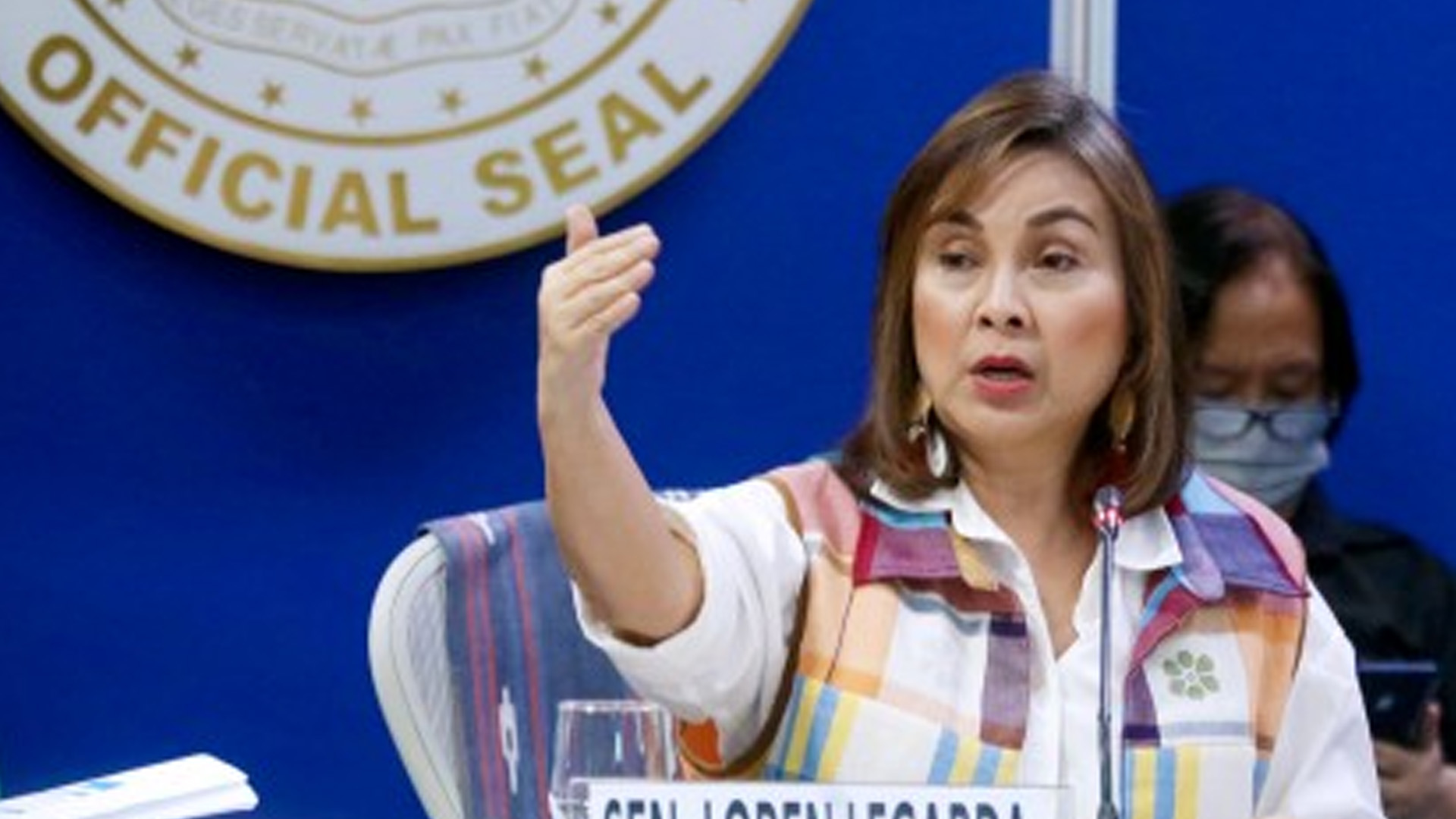Senator Loren Legarda on Monday lauded the Philippine Maritime Zones Act (Republic Act 12064) and the Philippine Archipelagic Sea Lanes Act (RA 12065) for their complementary roles in protecting the country’s marine resources.
Legarda said the two laws shall work in tandem to reinforce the Philippines’ maritime sovereignty and security.
“I thank President Marcos for signing these laws. The Philippine Maritime Zones Act and the Archipelagic Sea Lanes Act will not only safeguard the integrity of our national territory but also strengthen our legal and environmental frameworks for managing and protecting our seas,” Legarda said in a news release.
The Philippine Maritime Zones Act (PMZA) clearly delineates the country’s maritime zones—internal waters, archipelagic waters, territorial sea, contiguous zone, exclusive economic zone (EEZ), and continental shelf—providing a robust legal foundation for the Philippines to assert its jurisdiction and sovereign rights over its vast marine resources and surrounding seas.
The law, by reinforcing our maritime boundaries, enables the country to manage its resources and respond to regional maritime disputes with a clear, unified voice.
Complementing the PMZA, the Philippine Archipelagic Sea Lanes Act (ASL Act) designates specific sea lanes for the expeditious and continuous passage of foreign vessels through Philippine waters.
While facilitating smooth global maritime traffic, the law simultaneously ensures that national security is upheld and environmental safeguards are in place. The act allows for the regulation of foreign ships’ passage, preventing risks such as maritime pollution, which threatens the integrity of our marine ecosystems.
“I am elated that the synergy of these two laws will provide a framework for balancing global maritime trade with the protection of our marine environment,” Legarda said.
“These laws work hand-in-hand to secure our seas, prevent environmental degradation, and foster regional stability, all while respecting international conventions like UNCLOS and the 2016 Arbitral Award,” she added.
As a staunch advocate for environmental sustainability, Legarda emphasized that both laws will reinforce the Philippines’ ability to protect its marine biodiversity, coastal ecosystems, and marine resources.
“This is a watershed moment in ensuring that the Philippines upholds its commitment to environmental sustainability, particularly in the face of climate change and increasing industrial activities in our seas. As we move forward, these laws will solidify our maritime jurisdiction, ensure environmental sustainability, and protect the sovereignty of our waters for generations to come,” she said. (PNA)









